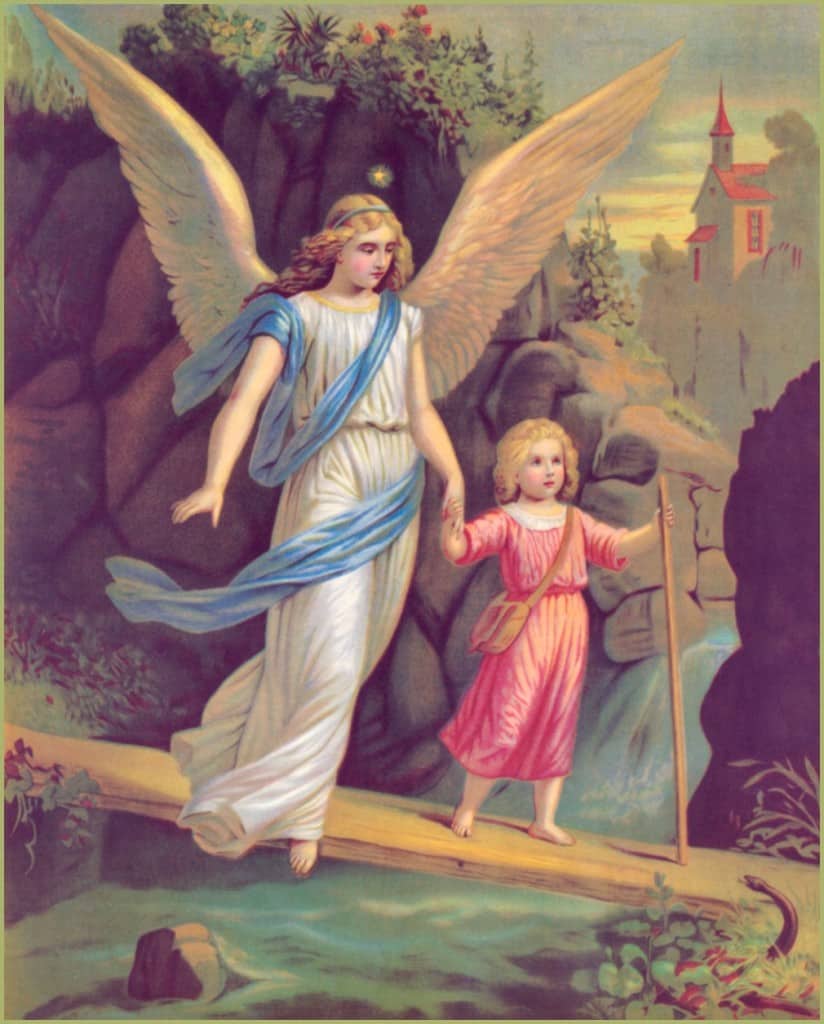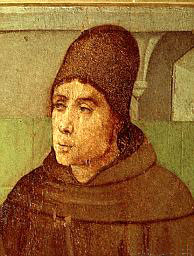Your Guardian Angel has been with you since you were conceived in your mother’s womb. We should always revere these angelic beings and even ask their prayers. Today we discuss everything you need to know about your Guardian Angel and whether you’re allowed to name your Guardian angel.
{The original blog post “You’re not allowed to Name Your Guardian Angel” was shared yesterday 3,674 times! I thought I had better record something more on it! Here it is.}
Click to Listen:
“Should You Name Your Guardian Angel?”
Podcast: Play in new window | Download | Embed
Subscribe: Apple Podcasts | Android | Email | Google Podcasts | Stitcher | RSS
If audio player does not show up in your email or browser, click here to listen.
1) Proverb of the Week:
Proverbs 17:12
2) Tip of the Week:
Don’t prioritize or overstuff your “critical task” list in your daily Molskine pocket journal.
Here’s the link to the Moleskine notebook that I use and that I highly recommend to you.
Here’s a photo of my tasks in my Moleskine journal for today:

Here’s my “Critical Tasks” for today. It’s really this easy. This is how I do lots of big stuff every day.
I do a heck of a lot more than just this. But these items MUST be done or the day is a failure. These are non-negotiable.
3) Featured Segment:
“What You Should Know about Your Guardian Angel”
According to the Directory on Popular Piety and the Liturgy, 216 (under the heading about Devotion to the Holy Angels):
The practice of assigning names to the Holy Angels should be discouraged, except in the cases of Gabriel, Raphael and Michael whose names are contained in Holy Scripture.
4) Latin Word of the Week:
amicus
sociennus
amator
Record a Question for Taylor!
It’s fun and easy. If you would like to ask me a question and have it featured on the weekly podcast, please click here for an easy way to leave a question.
I Want Your Feedback
PS: The new podcast is still doing great on iTunes. We’re #1 on Apple’s iTunes for Podcasts in “New and Noteworthy” in “Christianity” and we’re now #1 in “New and Noteworthy” in all religion categories! Pretty cool.
A huge “THANK YOU” to everyone who has written amazing 5-star reviews. Y’all are the ones that pushed it up to the top. I’m grateful to you all. Again, thank you so much. If you’re new, you can rate this podcast on by clicking here and then “View in iTunes.” From there you can leave a review.
I appreciate you for this!









